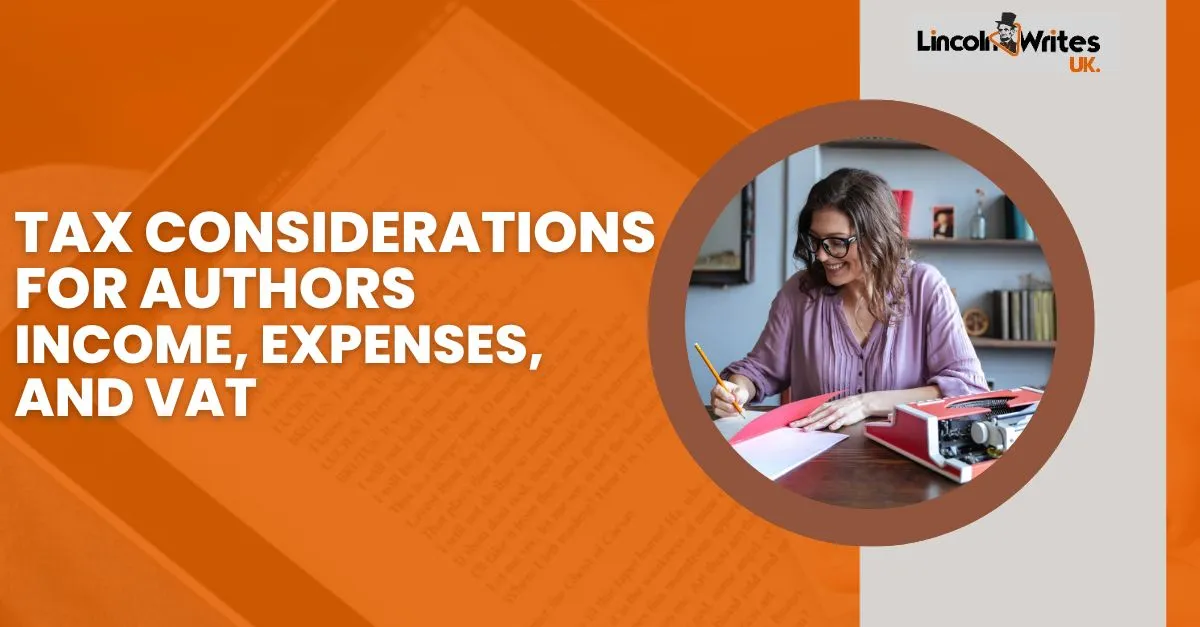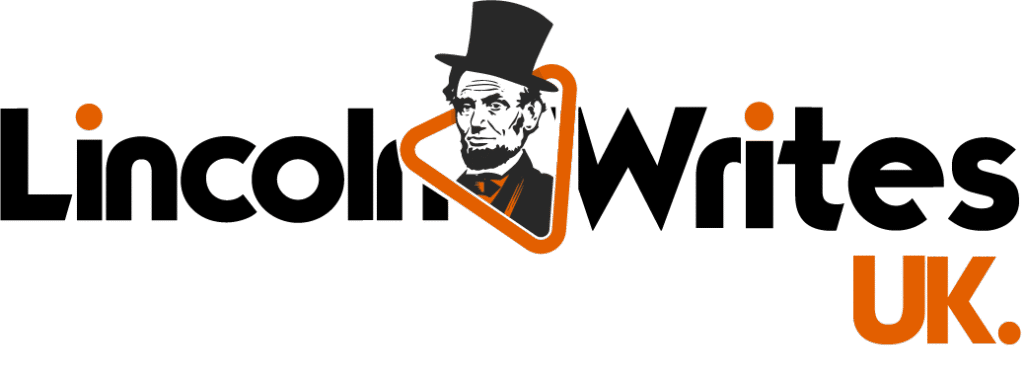You’ve written your book. Maybe you’ve published it, marketed it, or even started seeing sales come in. And then, surprise! Tax season arrives, and suddenly, your creative triumph comes with some very real financial paperwork.
Whether you’re self-publishing your memoir or writing under contract, understanding tax for authors UK isn’t just smart, it’s essential. Many authors find themselves overwhelmed with the financial side of writing, especially when royalties trickle in sporadically or projects are paid per milestone.
This guide walks you through the basics: income, allowable expenses, VAT, and how to treat your writing like the business it is. And if you’re working with professionals, like a ghostwriting for executives partner or an eBook writing services team, this can impact your tax landscape too.
Are Authors Considered Self-Employed?
In the UK, most authors are considered self-employed for tax purposes. That means you’re responsible for reporting your income, calculating allowable expenses, and submitting an annual Self Assessment tax return.
Even if you also have a salaried job elsewhere, your book income is treated as a separate stream of self-employment income. This includes advances, royalties, appearance fees, and even payments from foreign publishers.
Some authors only realise they’re classified as self-employed after receiving a warning from HMRC. To avoid surprises, it’s best to register as self-employed as soon as you start earning from your writing.
If you’ve worked with a protect author voice ghostwriter and you’re credited as the author, then all income associated with that book, regardless of who did the typing, still falls under your name for tax.
What Counts as Taxable Income?
Any money you earn from your writing activities generally counts. This includes:
- Advances from publishers
- Royalties from book sales
- Income from related services (like consulting or teaching workshops)
- Fees for speaking events
- Affiliate or ad revenue tied to your author brand
Even payments from overseas sources must be declared, although there may be tax treaties to prevent double taxation.
If you’ve recently converted a print book to an eBook or branched into interactive children’s eBooks, remember that income from digital formats is treated the same as print royalties. It still counts, and so does income from Amazon KDP, Kobo, or other international platforms.
Allowable Expenses: What Can You Claim?
This is where things get a bit more fun (and slightly confusing). Allowable expenses are costs you incur “wholly and exclusively” for your writing business. These reduce your taxable income, which means a lower tax bill.
Legitimate expenses might include:
- Editing, formatting, and cover design fees
- Website hosting and domain costs
- Software subscriptions (like Scrivener or Grammarly)
- Travel expenses for book events or research
- Fees paid to ghostwriting services or proofreaders
- Office supplies or a portion of your home office expenses
You can even claim professional services like accountants or marketing support, such as book trailer marketing, provided they relate to your writing business.
Make sure to keep detailed records. Invoices, receipts, and bank statements should all be filed and ready in case HMRC ever checks.
Do Authors Need to Register for VAT?
Most authors won’t need to register for VAT unless their taxable turnover exceeds the VAT threshold (currently £90,000 in the UK as of 2025). For most writers, that’s not a concern. But if you’re running a larger writing-related business, say, running a press or offering courses in addition to publishing, it might apply.
That said, eBook sales have their own quirks. Some platforms handle VAT on your behalf, but if you’re selling digital downloads directly, you may be responsible for VAT compliance in the UK and abroad.
Structuring Your Writing Business
As your author career grows, it’s wise to think like a business. Many full-time writers build a strategy that includes multiple revenue streams, tracked through basic market research in a business plan.
You might start:
- Publishing long-form essays using a long-form content strategy
- Building an audience with thought leadership articles
- Monetising older blogs by learning how to repurpose blog content
It all adds up, and it all gets taxed.
Knowing when to bring in professionals matters too. Whether you’re updating your professional biography tips, sorting your email list, or looking for advice on memoir theme selection, it helps to delegate strategically and claim those services as business expenses.
Keeping Records Like a Pro
HMRC requires self-employed individuals to maintain accurate financial records for at least five years. This includes:
- Sales and income logs
- Receipts for all business expenses
- Copies of invoices sent or received
- Bank statements
- Mileage logs (if claiming travel)
You don’t have to go full accountant, but using bookkeeping tools, or even a spreadsheet, can save you massive headaches come January.
And yes, even tools or advice you’ve used around beta readers vs editors‘ decisions or software costs for drafting your book fall under trackable costs.
Royalty Reporting and Payment Timelines
Royalties often come in sporadically, which can make budgeting hard. Publishers typically pay royalties biannually, while Amazon pays monthly, so it’s crucial to manage cash flow wisely.
If you’re working with a team that provides ghostwriting services, clarify whether the royalty rights remain with you. This determines if you declare 100% of the income or share it. In most cases, royalties go to the named author.
Understanding your contract terms is critical, especially when negotiating with traditional publishers or comparing options in the agents vs publishers UK landscape.
Author Tax Checklist
Let’s recap some of the big things to stay on top of:
- Register with HMRC as self-employed
- Set aside money for income tax and National Insurance
- Track and claim allowable business expenses
- Keep digital or physical copies of receipts
- Plan for royalties from multiple channels
- Use your book-related costs to reduce your tax liability
- Stay informed about VAT on digital products
Authors who invest in learning (or outsourcing) these tasks early on often find it’s easier to stay focused on their writing.
Final Note
Managing tax for authors in the UK may not be the most creative part of your writing journey, but it’s one of the most important. Understanding your obligations, knowing what to claim, and staying on top of reporting can make the difference between profit and panic.
Whether you’re writing fiction, nonfiction, or working behind the scenes with a professional author voice ghostwriter, it pays to treat your work like the business it is.
At Lincoln Writes UK, our expert ghostwriting services and eBook writing services support authors from first draft to final royalty payment, ensuring your story is strong and your path to publication is professional.


